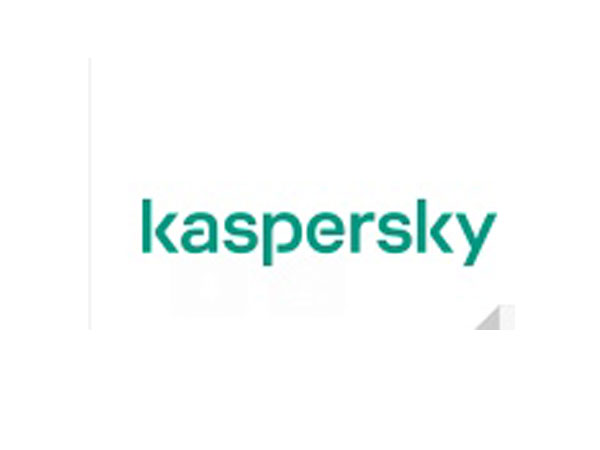Nigeria Faces Rising Cyber Threats as Kaspersky Blocks Millions of Attacks
The findings come ahead of Kaspersky’s participation in GITEX Nigeria 2025 (September 3–4 in Lagos), one of West Africa’s largest technology events.

- Country:
- Nigeria
New data from Kaspersky, a global cybersecurity firm, reveals a sharp escalation in digital threats across Sub-Saharan Africa during the first half of 2025, with Nigeria emerging as a major target. The findings come ahead of Kaspersky’s participation in GITEX Nigeria 2025 (September 3–4 in Lagos), one of West Africa’s largest technology events.
Rising Cyber Threats in Sub-Saharan Africa
According to Kaspersky’s threat intelligence:
-
42.4 million web attacks were blocked across Sub-Saharan Africa in H1 2025.
-
95.6 million on-device attacks were detected, including ransomware, trojans, worms, spyware, and password stealers.
-
The region recorded a doubling of spyware incidents, a 64% surge in password stealer attacks, and a 12% increase in backdoor infections compared to H1 2024.
These figures highlight an evolving threat landscape where cybercriminals increasingly focus on stealing credentials, exploiting software flaws, and infiltrating industrial systems.
Nigeria: A Key Target for Cybercriminals
Nigeria has been disproportionately affected:
-
1.46 million online attack attempts were blocked against Nigerian users.
-
Nearly 1 in 5 people (19.9%) were targeted by phishing scams, botnets, fake Wi-Fi networks, and Remote Desktop Protocol (RDP) attacks.
-
4.97 million on-device incidents were neutralized, with 28.6% of Nigerian users encountering malware delivered via infected USBs, CDs, DVDs, and installers.
Breakdown of threat trends in Nigeria:
-
Password stealers surged 66% compared to H1 2024.
-
Spyware incidents increased 53%.
-
Finance-related phishing rose 46%, even as overall phishing detections fell by 52%.
-
Exploits targeting Microsoft Office vulnerabilities remain common.
Kaspersky recorded over 595,000 detections of financial phishing in Nigeria alone, indicating cybercriminals’ growing focus on bank accounts, e-commerce platforms, and payment gateways.
Industrial Systems Under Attack
Kaspersky also flagged rising cyber risks in industrial control systems (ICS):
-
26.5% of ICS computers in Nigeria faced cyberattacks in H1 2025.
-
Malware infections were especially prevalent in construction, energy, biometrics, and engineering sectors.
-
Africa overall ranks among the highest globally in ICS malware detections, raising concerns about industrial security and national resilience.
Expert Insights
“Every day, more people in Africa, and Nigeria specifically, are moving their businesses, banking, and even daily errands online. But with this opportunity comes a challenge,” said Chris Norton, General Manager for Sub-Saharan Africa at Kaspersky.
He noted that cybercriminals are increasingly targeting ordinary citizens, SMEs, and industrial infrastructures — not just government networks and large corporations.
Kaspersky at GITEX Nigeria 2025
At the Lagos event, Kaspersky will conduct workshops and interactive simulations to help businesses and individuals strengthen their defences. Sessions will cover:
-
Using real-time threat intelligence to monitor and respond to attacks.
-
Cyber-awareness training tailored for employees.
-
Securing containerised cloud environments and preventing misconfigurations.
-
The Kaspersky Interactive Protection Simulation (KIPS) — an interactive game for decision-makers to understand typical cybersecurity mistakes.
Earlier in August, Kaspersky also signed an MoU with Nigeria’s Small and Medium Enterprises Development Agency (SMEDAN) to provide SMEs with the tools and training needed to protect themselves from growing cyber risks.
Towards Secure Digital Growth
Kaspersky officials emphasized that Nigeria’s rapid digital transformation must be matched with stronger cybersecurity measures. As more people adopt online banking, digital commerce, and connected devices, the need for resilience against cybercrime has never been greater.
“Supporting Nigeria and the broader Sub-Saharan region means ensuring that digital growth goes hand in hand with digital safety,” concluded Norton.










